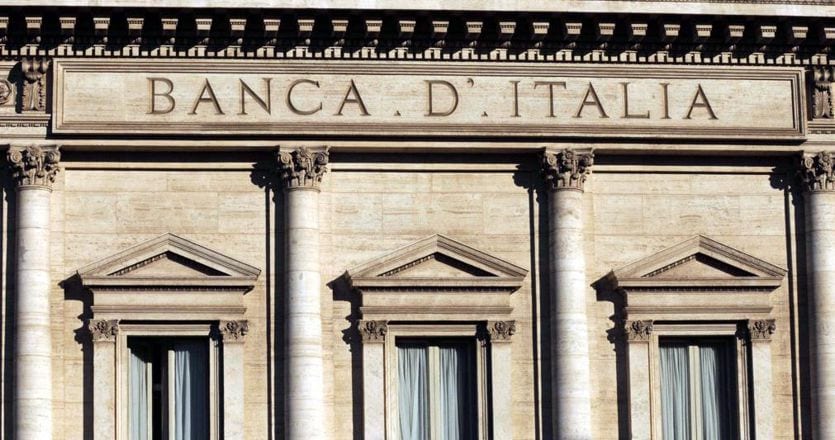Interest passed over to the State
Not only that: the ECB transfers almost all the interest paid by the State to the Italian Treasury, in the form of dividends from the Bank of Italy. This means that this portion of public debt in the hands of the ECB is in fact “sterilized”. It would in fact be at almost zero interest. Not formally, of course: according to accounting rules, the public debt in the hands of the central bank remains public debt in all respects and the interest paid remains such. But in reality, this portion of the debt is almost completely “sterilized”. A significant advantage, which makes the debt more sustainable than it appears at first glance.
L’effetto Recovery Fund
Then there is another stabilizing factor with respect to the “whims” of the markets: the Recovery Fund. Italy will obtain (if all goes as planned) from the new European fund 191 billion euros, of which 68.9 in the form of grants and the rest in the form of debt. Let’s focus on this second portion: debt. As is known, it is a question of debt. True debt, which must be repaid like all debts. But it has a double positive effect: on the one hand this debt guarantees Italy much lower interest rates than those paid by issuing BTp, on the other hand this is not debt contracted on the markets. Therefore it is not subject to speculation, to a spread that rises and falls, to volatility and so on. It could be said that it is subject to European conditions, of course, but it allows diversification of sources of funding outside the markets on a stable lender. This also gives confidence to the markets. And, potentially, debt sustainability increases.
Future risks
Obviously this scenario does not take into account the fact that something could change. First of all, the policy of the ECB: if inflation were to rise too much above the 2% target (just a few days ago the American one jumped to 4.2%), then within the ECB the pressures could increase to reduce the purchases of government bonds or to reduce monetary stimulus. It is true that inflation in the medium term reduces debts in real terms (therefore it helps to make them sustainable), but in the short term it is scary because it could change the attitude of the ECB. The same can be said about the Recovery Fund: to have all the money that Europe promises, Italy will have to respect the time schedule of works and reforms. Nothing is taken for granted, therefore.
The other risk is linked to growth: the Recovery Fund’s bet is that it will restart Italian economic growth, automatically making the debt in relation to GDP more sustainable. But what if this is not the case? Fingers crossed: this is the real big unknown. A lot of debt and little growth: this would be the worst situation in the future. To conclude: today the market is calm and no one cares about the public debt, so much so that rates remain very low. But, as Lorenzo the Magnificent said centuries ago, “there is no certainty of tomorrow”. It is better not to sit on your laurels, and to work so that nothing goes wrong.
